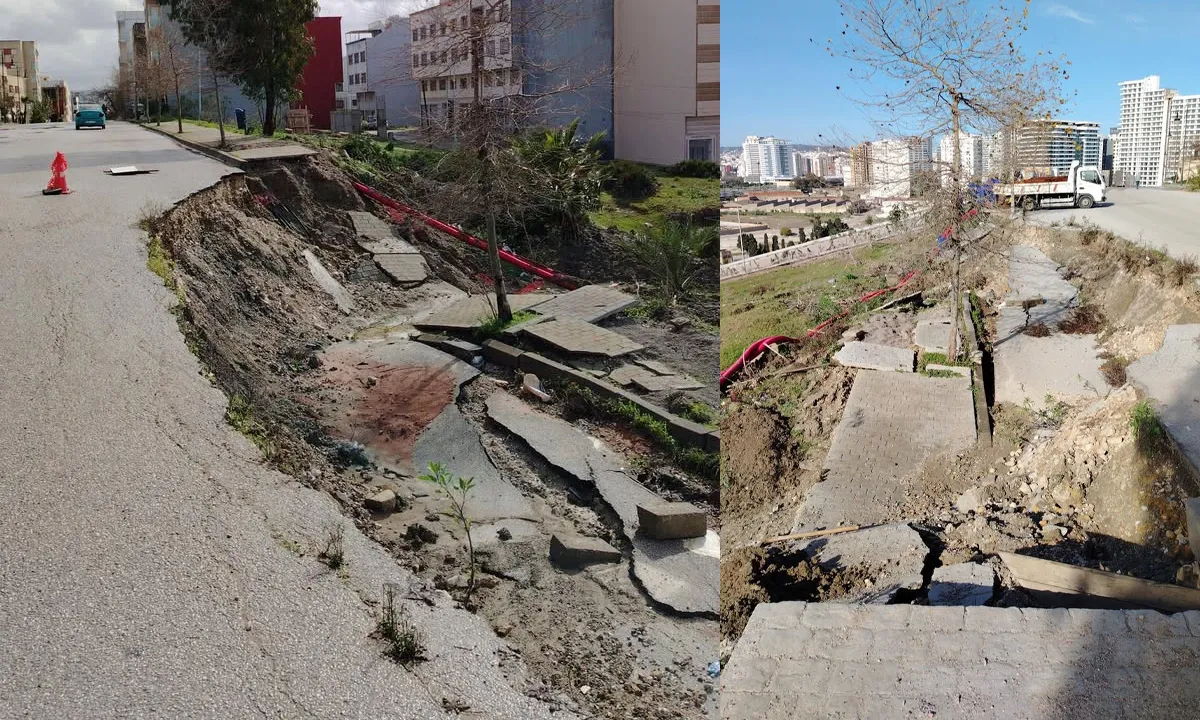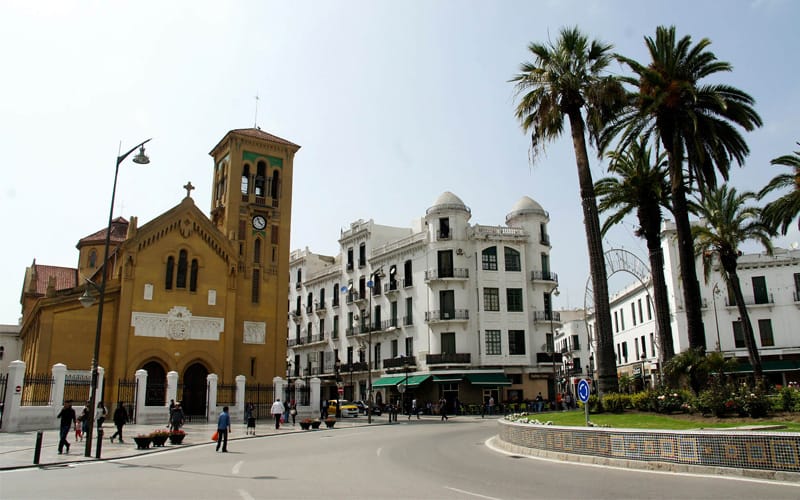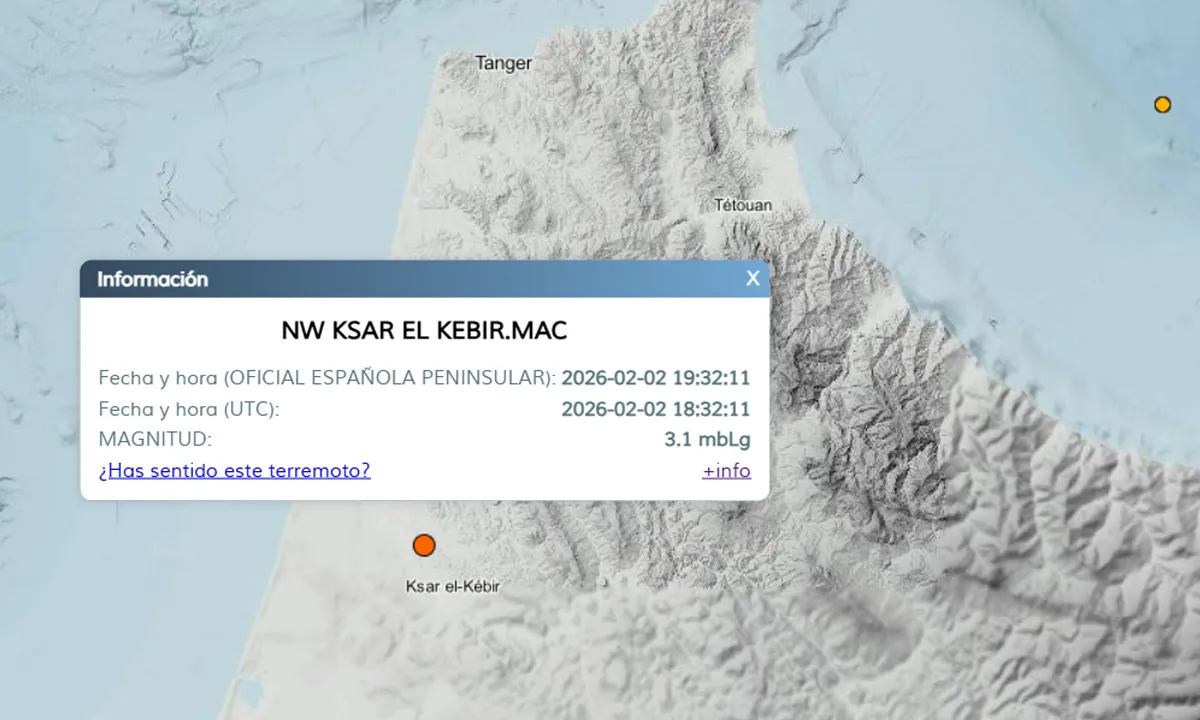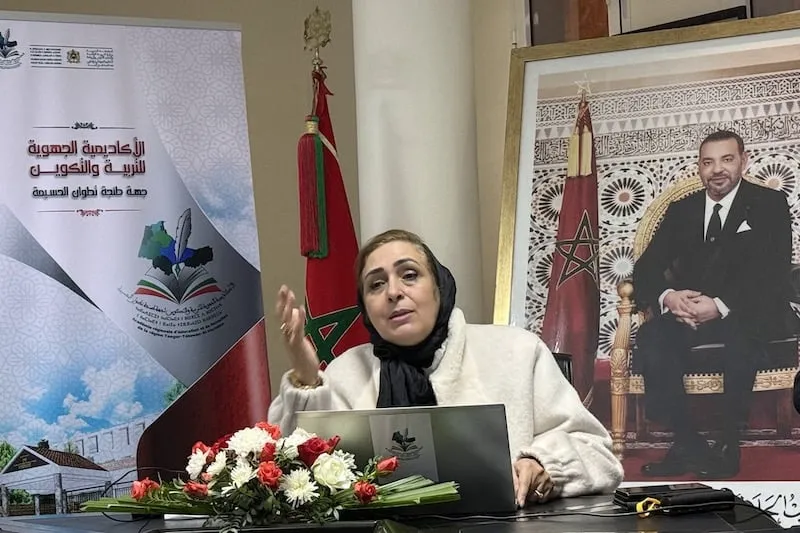On Wednesday, the European Parliament voted to approve a proposal from the European Commission to place Algeria on the list of high-risk countries for combating money laundering and terrorism financing during a session held in Strasbourg.
This decision is part of an effort to strengthen the European legislative framework against cross-border financial threats, based on standards set by the Financial Action Task Force (FATF).
### Background of the Decision
The European action stems from an amendment to the implementing rules of European Directive (EU) 2015/849, known as the Fourth Anti-Money Laundering Directive. This directive grants the European Commission the authority to periodically propose updates to the list of countries deemed to have insufficient regulatory systems or suffer from “strategic deficiencies.” Amendments are adopted unless the European Parliament or the Council of the European Union explicitly object within a specified timeframe.
During the voting session, no significant opposition was registered within the European Parliament, allowing for the decision to take effect pending official approval from the Council of the European Union in the coming weeks.
### Other Countries Included in the Decision
The decision also involved a dual update, adding several countries to the high-risk list: Algeria, Lebanon, Venezuela, Kenya, Nepal, Namibia, Laos, Angola, Ivory Coast, and Monaco. It also removed several countries from the previous list, such as the United Arab Emirates, the Philippines, Panama, Jamaica, Barbados, Uganda, Gibraltar, and Senegal, after they improved their regulatory systems.
### Practical Implications of the Decision
The inclusion of Algeria on this list means European financial institutions will be required to implement enhanced scrutiny measures for all transactions involving individuals or companies linked to Algeria. These measures include additional verification of the source of funds, ongoing transaction monitoring, and strengthened oversight of financial transfers and investment funds. Such actions aim to mitigate the risk of the European financial system being utilized for suspicious or illegal activities related to money laundering or terrorism financing.
### Why Algeria?
According to official reports from the European Commission, Algeria’s inclusion followed a technical review based on FATF assessments, which highlighted strategic deficiencies in Algeria’s anti-money laundering framework, including limited oversight of cross-border money movements and weak supervision of certain non-financial entities like charities and NGOs, along with inadequate mechanisms for international cooperation and financial information exchange. Notably, Algeria had been placed on the FATF’s “grey list” since October 2024.
### Reactions
As of the publication date, no official response had been issued by Algerian authorities regarding the European decision, nor were there any announced corrective measures. In contrast, the European Commission emphasized that the list is a “preventive tool rather than a punitive one,” aiming to “enhance confidence in the European Union’s financial system” through high transparency standards in dealings with external partners.
The decision is expected to be published in the official journal of the European Union following approval from the Council of the European Union, making it legally effective in the coming days.
### What Should Algeria Do Next?
To ensure its removal from the list in future updates, Algeria is expected to implement an reform plan in collaboration with the FATF and enhance the independence of its local financial intelligence units. Algeria is also advised to expand international judicial and banking cooperation agreements and demonstrate tangible improvements in transparency and regulatory indicators.
Source
















